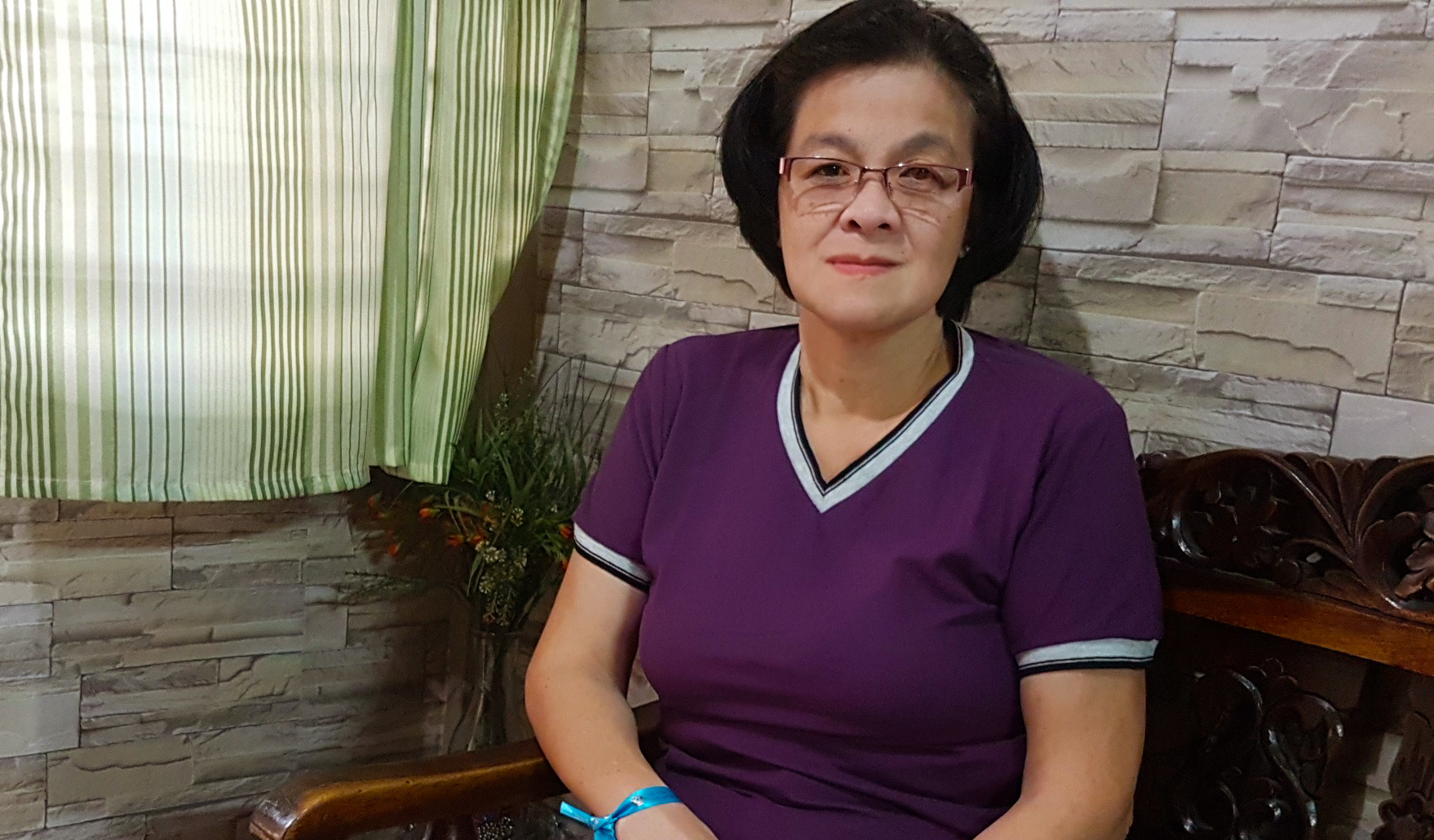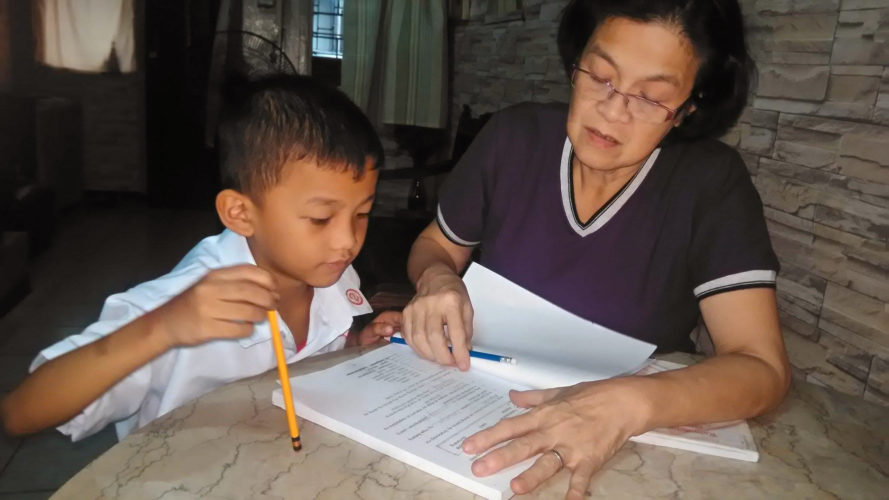We often hear stories of patients gaining access to treatment shortly after a cancer diagnosis, but that’s just the beginning. The cancers we support are chronic diseases, meaning patients must take medication daily to keep their cancer under control. Many patients, like Carmen from the Philippines, must move on to second- or third-line treatment if there are complications. Max team member, Nelia Medina, interviewed Carmen to capture her experience.

In 2011, Carmen developed a fever that lasted for weeks and began losing weight rapidly. After multiple doctors, tests, and misdiagnoses, she finally discovered she had chronic myeloid leukemia.With this diagnosis, Carmen feared her life was over. She even went so far as to sew her own funeral dress.
Eventually, Carmen learned that her cancer could be managed through oral treatment, but the costs were prohibitive. Luckily her physician was able to enroll Carmen in Novartis’s access program, and all seemed well for a few years—until, that is, she stopped responding to her initial treatments.
When her cancer stopped responding, Carmen’s physician pointed her to The Max Foundation, where we were able to unite efforts with our various pharmaceutical partners, including Novartis. We provided Carmen with a supplemental treatment to manage her blood platelet levels, and when she stopped responding to that combination, we had next-line options ready and waiting.
Today Carmen is alive and well, living without fear, and managing her cancer diagnosis with donated medicine, her physician’s care, and the support of her patient group.
Carmen’s story could have ended when her initial treatments stopped working.
For each specific form of cancer, we cover treatment at no cost to the patient. Our goal is to ensure patients and their physicians have options throughout their journey, so they can access additional treatments when needed.
Carmen and patients like her who have received multiple lines of treatment through our access program are what make our approach unique. Single-company, single-drug programs are only effective so long as patients respond to the specific medication provided. By being part of our extensive network of treatment distributors, industry leaders are able to prolong—and improve—the quality of life of even more patients than they would via a singular program. Likewise, our collaboration allows us to be more proactive and thus, more effective.
Patients like Carmen can continue to have equal access to life-saving medicine, even after a single treatment fails.

